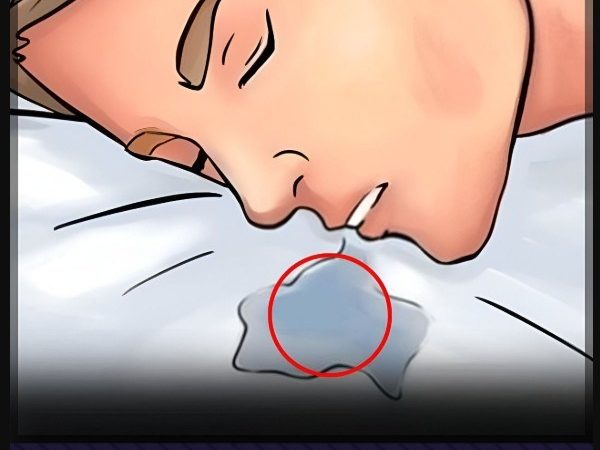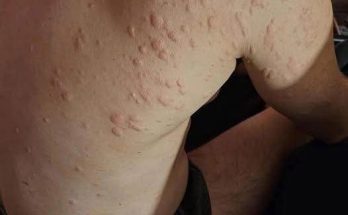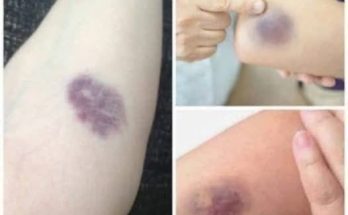Drooling while sleeping is more common than people think, and while it’s often harmless, in some cases it may signal underlying issues. Here are 10 possible reasons why you might be drooling at night — and what each could mean:
1. Sleeping Position
Cause: Lying on your side or stomach
What it means: Gravity causes saliva to pool and escape from your mouth.
Solution: Try sleeping on your back or elevating your head slightly.
2. Mouth Breathing
Cause: Nasal congestion or habit
What it means: You’re likely breathing through your mouth due to allergies, a cold, or deviated septum.
Solution: Address nasal blockages with decongestants, nasal strips, or consult an ENT.
3. Allergies or Sinus Infections
Cause: Blocked nasal passages
What it means: Allergies or sinusitis can force mouth breathing and increase saliva production.
Solution: Manage with antihistamines, nasal rinses, or seek medical treatment.
4. Acid Reflux or GERD
Cause: Gastroesophageal reflux
What it means: Reflux can stimulate excess saliva to protect the esophagus from acid.
Solution: Avoid trigger foods, eat earlier, or consult a doctor if symptoms persist.
5. Sleep Apnea
Cause: Obstructed breathing during sleep
What it means: Sleep apnea can lead to open-mouth breathing and drooling.
Solution: If you snore loudly or wake up tired, consult a sleep specialist.
6. Enlarged Tonsils or Adenoids
Cause: Physical obstruction in the airway
What it means: These block airflow, causing mouth breathing and drooling, especially in children.
Solution: See an ENT for evaluation.
7. Medications
Cause: Side effects from drugs like antipsychotics, muscle relaxants, or Alzheimer’s medications
What it means: Some drugs increase saliva production.
Solution: Talk to your doctor about alternatives or dosage adjustments.
8. Neurological Conditions
Cause: Conditions like Parkinson’s, ALS, cerebral palsy
What it means: These disorders can affect facial muscle control and saliva management.
Solution: Work with a neurologist; treatments may include therapy, medication, or Botox.
9. Poor Swallowing Reflex
Cause: Dysphagia (difficulty swallowing)
What it means: You may not be swallowing saliva efficiently, often due to aging or neurological issues.
Solution: Consult a speech-language pathologist for evaluation and therapy.
10. Excessive Saliva Production (Sialorrhea)
Cause: Pregnancy, oral infections, or GI disorders
What it means: Your body might just be producing too much saliva.
Solution: Managing the underlying cause usually helps reduce drooling.
Drooling during sleep is common and usually harmless, though it can be embarrassing, especially in public or social settings. However, excessive or sudden drooling may indicate an underlying health issue. Common reasons include sleep position (especially side or stomach sleeping), certain medications, nasal congestion, a deviated septum, sleep apnea, infections or dental problems, GERD, neurological conditions, teeth grinding, and pregnancy. Most of these are temporary or manageable with lifestyle adjustments. To reduce drooling, try sleeping on your back, staying hydrated, using a mandibular device, or addressing allergies and nasal congestion. For sleep apnea-related drooling, a CPAP machine may help. Botox injections or surgery may be options in severe cases, especially with neurological causes. If your drooling is persistent, worsens, or comes with other symptoms like difficulty swallowing, facial weakness, or pain, see a doctor. They can help determine the cause and recommend treatment. While drooling is often just a minor annoyance, it’s worth investigating if it’s affecting your sleep or quality of life




